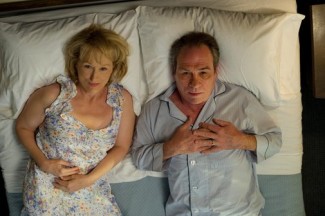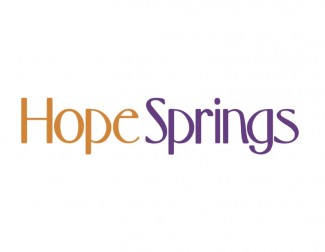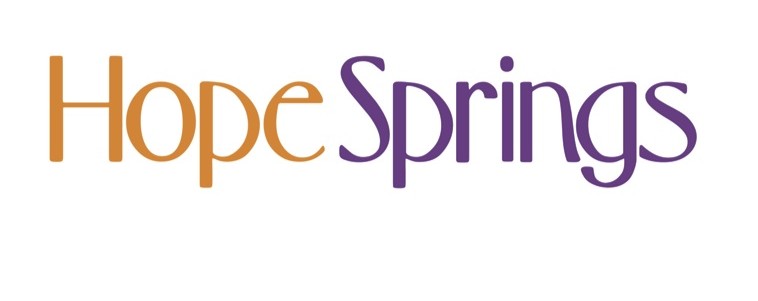‘Hope Springs’ tries to find love in a stale marriage

Hope Springs sounds like a Nora Ephron movie, or maybe a Nancy Meyers flick. You know these by heart: a romantic comedy turned on its head, featuring an all-star cast and plenty of catchy tunes on the soundtrack.
It turns out that Hope Springs is just that, and yet it has ambitions of something greater. Directed by David Frankel and written by Vanessa Taylor, the two main characters are seriously hurting in the film. Meryl Streep plays Kay, a lovely woman who yearns to find a connection with her grown-old husband, Arnold (Tommy Lee Jones). The two have become tired of each other, and this means they have grown apart. The division has become so severe that the couple doesn’t even share a bedroom, preferring the solitude of their own rooms.
Laying down the gauntlet, Kay decides to spice up the marriage and book a couples-therapy retreat in Maine. The therapist (played by Steve Carell) is world-renowned for diagnosing marital problems and offering solutions. Kay is enthusiastic, while Arnold can’t be bothered. He’s a tax man devoted to his job and watching golf on television. Nothing, and no one, breaks his routine.
Why Arnold changes his mind at the last minute and decides to go with Kay is never explored. Instead, we’re whisked away to small-town Maine, where Elisabeth Shue is the local bartender and Becky Ann Baker serves up a nice cup of joe at the restaurant.
This all oozes formulaic cinema, but Hope Springs is not terribly interested in sticking to the rule book. When Kay and Arnold meet with Dr. Feld, they have real adult conversations about sex, infidelity, commitment and what went wrong. There are a few zingy one-liners thrown into the mix, but the dialogue stays largely true to the characters.

Of course, we could watch Jones and Streep read from the telephone book, and it doesn’t seem like they make much of a stretch in these roles. Still, they take the average material and elevate it to some great heights. By the end of the 100-minute feature, we’ve come to know both sides of the marriage, appreciating the difficulties of their intimacy.
It would have been satisfying to have the whole movie go the unconventional route. Just as we become enthralled by the direction of the conversation between Kay and Arnold, we’re reminded of the rom-com formula and slapped in the face with some cliche. How great it would have been if the director and screenwriter stuck to their guns? The lensing of the movie is so beautiful and quaint that it doesn’t fit with this deteriorating marriage. An indie creative team would have set the action against a stark background — natural lighting, less makeup on the actors, minimal soundtrack intrusions. Hope Springs has the making of something profound, but ultimately it’s unable to overcome the cookie-cutter Hollywood expectation.
The largest casualty of the script is Carell’s doctor character. The focus remains on Kay and Arnold for the entire duration of the film, and this leaves no time to explore the third pivotal character. What makes him tick? Why is so good at eliciting responses to his questions? Is he even married? Divorced? More skilled hands would have dug deeper.
Recognizing the lost potential in a film is as frustrating as sitting through a paint-by-numbers romance.
By John Soltes / Publisher / John@HollywoodSoapbox.com
-
Hope Springs
-
2012
-
Directed by David Frankel
-
Written by Vanessa Taylor
-
Starring Meryl Streep, Tommy Lee Jones and Steve Carell
-
Running time: 100 minutes
-
Rated PG-13 for mature thematic content involving sexuality
-
Rating:





